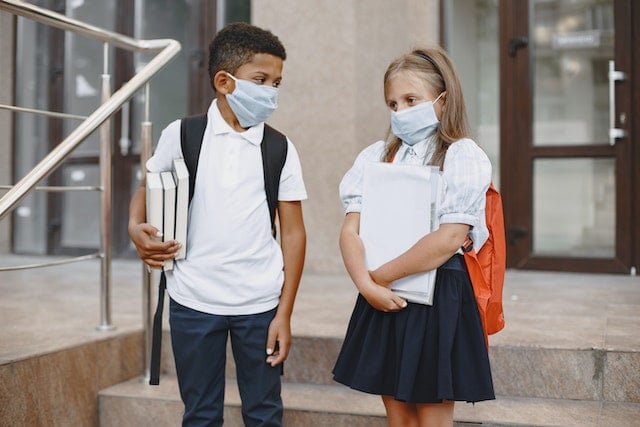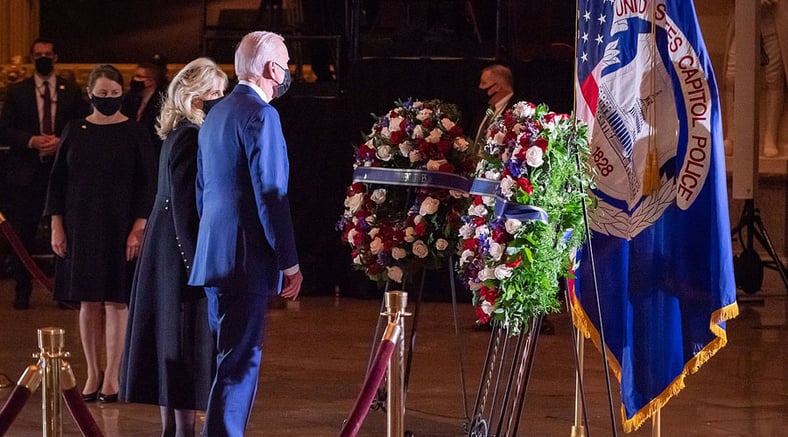News outlets publish articles every day with headlines such as “pandemic is over;” these will be found next to headlines that describe the long-lasting mental health effects or learning gaps that the pandemic has exacerbated. Opinions on the pandemic’s ending notwithstanding, students are back in school and everyone is adjusting to education in what may be a post-pandemic world. One of our favorite phrases is, “the pandemic did not cause new symptoms to develop in our society: it raised the anxiety, which worsened existing symptom development.” Our online learning courses provide a unique, systems-based perspective on human functioning, mental health, socioemotional learning, and trauma-informed practices.






